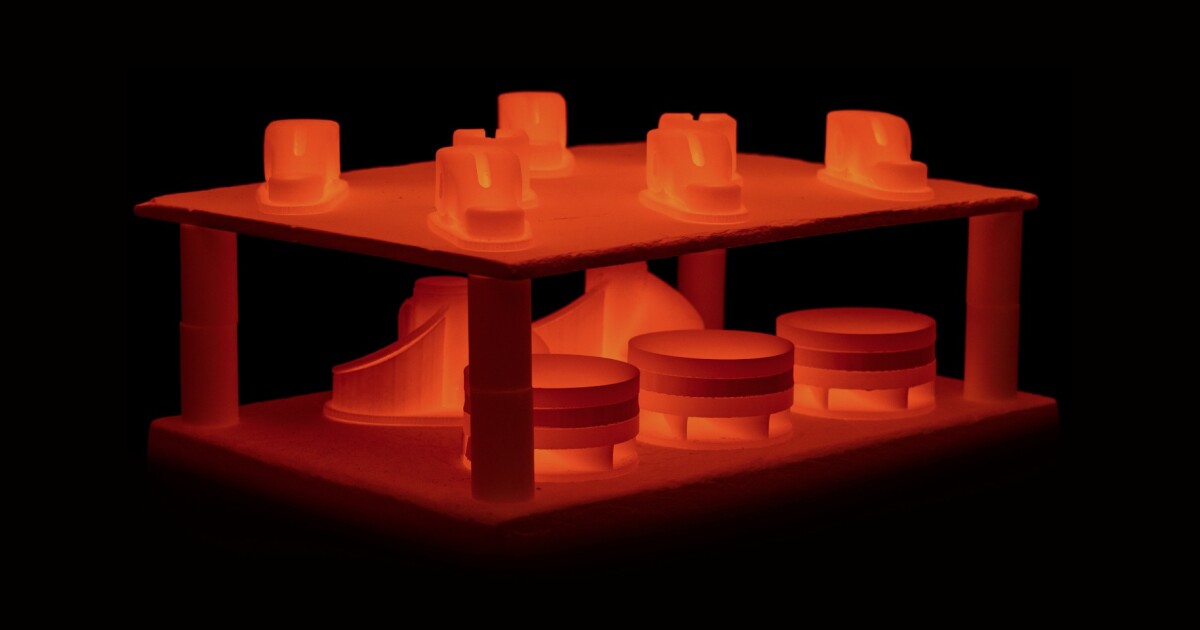And six years too late? This article was published in 2017.
Maybe the article title was a bit hyperbolic, but the company is still around so someoni finds it useful
This is a 2017 article…
True, company is still around so someone finds it’s useful.
idk I’m not convinced this will be as big of a deal as the author makes it out to be. I don’t believe you can achieve a reasonable level of accuracy if it’s going to shrink by ~15% in the sintering process, and I can’t think of many hobby parts that need to have the strength of metal without the precision of a machined part. I mean, certain ABS plastics can become very strong if printed at higher infill levels, and plastics can also be sintered to further increase strength in a regular oven. Sure metal can beat that easily in a head-to-head but what consumer needs non-precise parts that strong, y’know?
Not trying to be argumentative, but I can think of quite a few automotive situations where it would be useful. Not for precision parts, like engine, or crash parts. Rather, when you’re modifying an old car, and need a complex spacer, or bracket, that will take forever to hand make, or would be very complicated to weld/fab due to shape constraints.
Maybe not, I just shared the article because it’s an different approach to metal printing.
It’s really interesting, it prints metal infused filament and then bakes out the binder which causes it to shrink by about 7%. https://youtu.be/MbSqSZevKo8?t=13m17s



